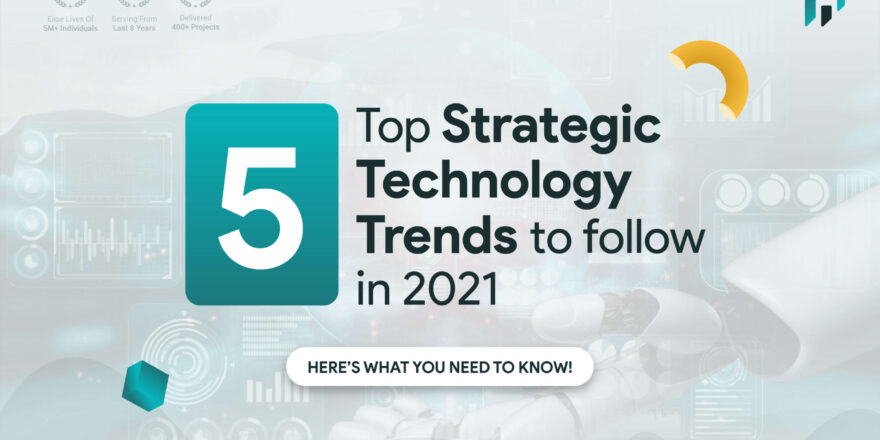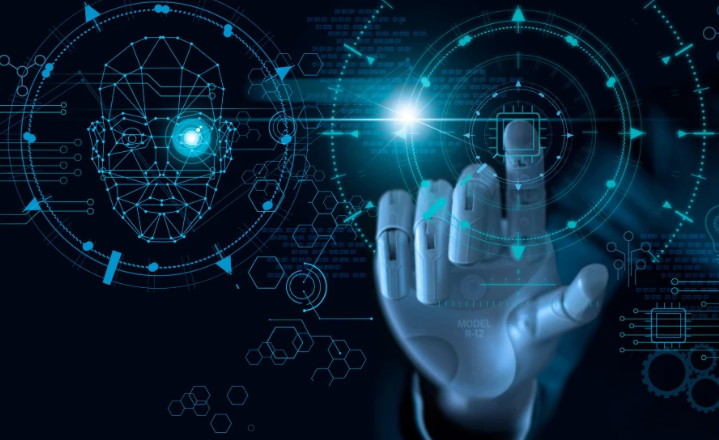Machine learning (ML) has rapidly advanced over the past decade, becoming a cornerstone of innovation in various fields, including healthcare. By analyzing vast amounts of data, ML algorithms can identify patterns, predict outcomes, and even assist in decision-making processes. This blog explores some of the most impactful real-world applications of machine learning in healthcare, showcasing its potential to revolutionize the industry.
Also Read: Getting Started with Machine Learning: A Beginner’s Guide
1. Disease Diagnosis and Prediction
One of the most significant applications of ML in healthcare is in the early diagnosis and prediction of diseases. Algorithms can analyze patient data, including medical history, genetic information, and lifestyle factors, to identify individuals at high risk for certain conditions. For example, IBM Watson Health uses ML to predict cancer and other diseases with remarkable accuracy. These predictive models can lead to earlier interventions, improving patient outcomes and reducing healthcare costs.
2. Personalized Treatment Plans
Personalized medicine is another area where ML is making a substantial impact. By analyzing a patient’s genetic makeup and other relevant data, ML algorithms can help create tailored treatment plans. This approach is particularly beneficial in oncology, where treatment effectiveness can vary significantly between patients. Companies like Tempus are leveraging ML to provide personalized cancer treatment options, optimizing therapeutic strategies to enhance efficacy and minimize side effects.
3. Medical Imaging and Radiology
Medical imaging is a field that has seen tremendous benefits from ML applications. Algorithms can analyze images from X-rays, MRIs, and CT scans to detect anomalies such as tumors, fractures, or other conditions with high precision. For instance, Google’s DeepMind has developed ML models capable of diagnosing eye diseases from retinal scans. These advancements not only improve diagnostic accuracy but also speed up the process, allowing radiologists to focus on more complex cases.
4. Drug Discovery and Development
The process of drug discovery and development is notoriously time-consuming and expensive. ML is transforming this process by predicting how different compounds will interact with targets in the body, thereby identifying promising candidates more quickly. Companies like Atomwise use ML to screen millions of compounds for potential new drugs, significantly accelerating the early stages of drug development. This can lead to faster development of new treatments for various diseases.
5. Predictive Analytics for Patient Management
Predictive analytics in patient management involves using ML to forecast patient outcomes and optimize care pathways. For example, ML models can predict which patients are likely to be readmitted to the hospital, allowing healthcare providers to intervene proactively. This not only improves patient care but also helps hospitals manage resources more efficiently. Health systems like the UK’s National Health Service (NHS) are already implementing such predictive models to enhance patient care and operational efficiency.
6. Enhanced Telemedicine Services
Telemedicine has grown significantly, especially in the wake of the COVID-19 pandemic. ML enhances telemedicine by enabling automated diagnosis and patient triage based on symptoms reported via virtual consultations. Natural language processing (NLP) algorithms can analyze patient-doctor conversations to provide insights and recommendations, improving the quality of remote care. This is particularly useful in areas with limited access to healthcare facilities.
Conclusion
The integration of machine learning in healthcare is ushering in a new era of medical innovation. From early disease detection and personalized treatments to enhanced telemedicine and efficient patient management, the applications of ML are vast and varied. As technology continues to evolve, the potential for ML to further transform healthcare is immense. By harnessing the power of machine learning, the healthcare industry can achieve significant advancements in patient care, treatment outcomes, and overall efficiency, ultimately leading to a healthier world.





